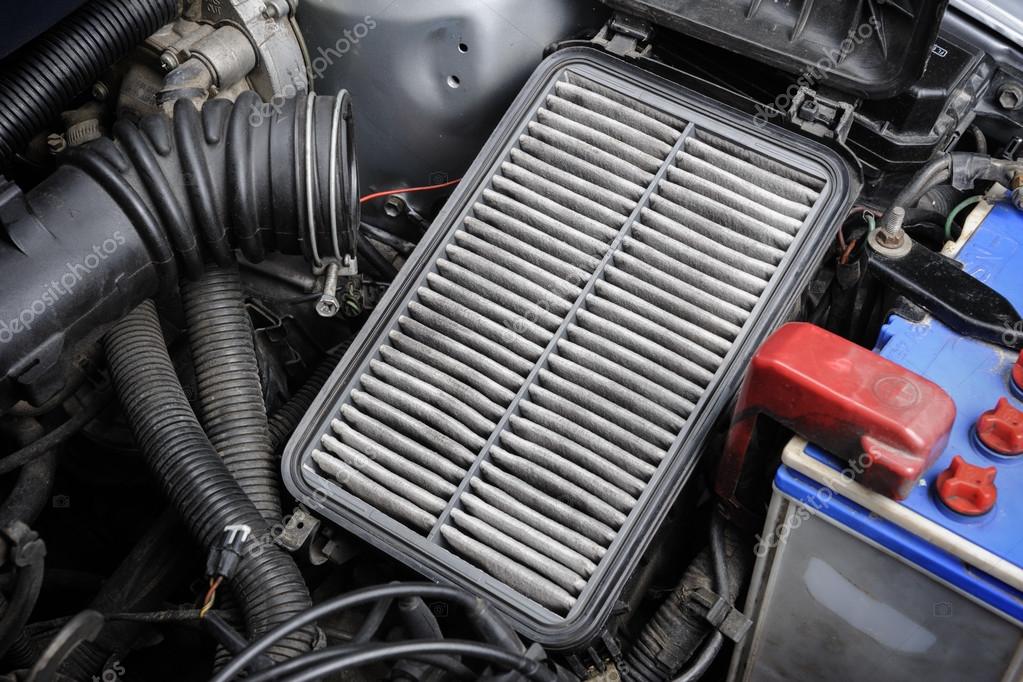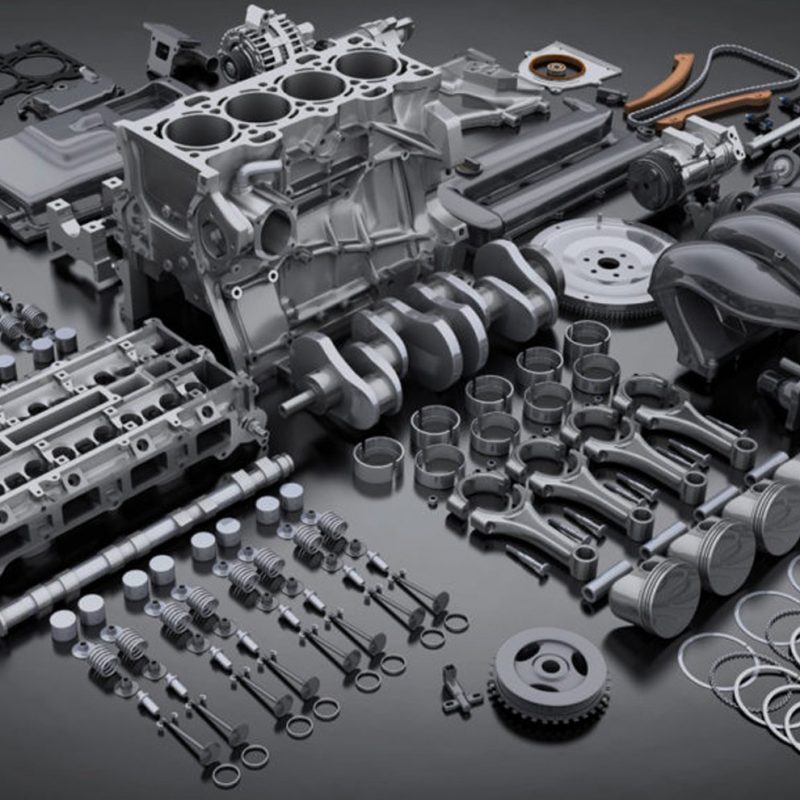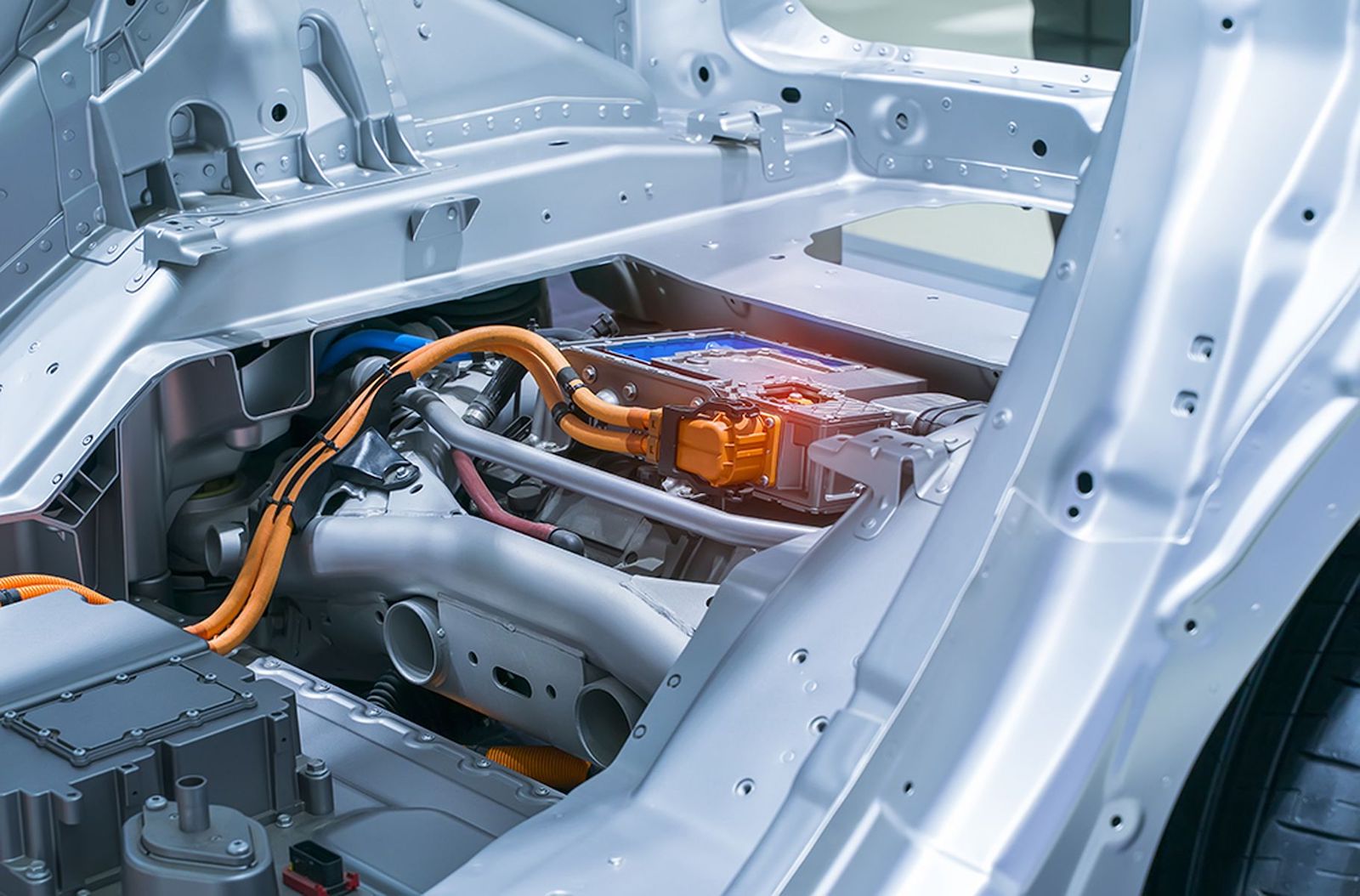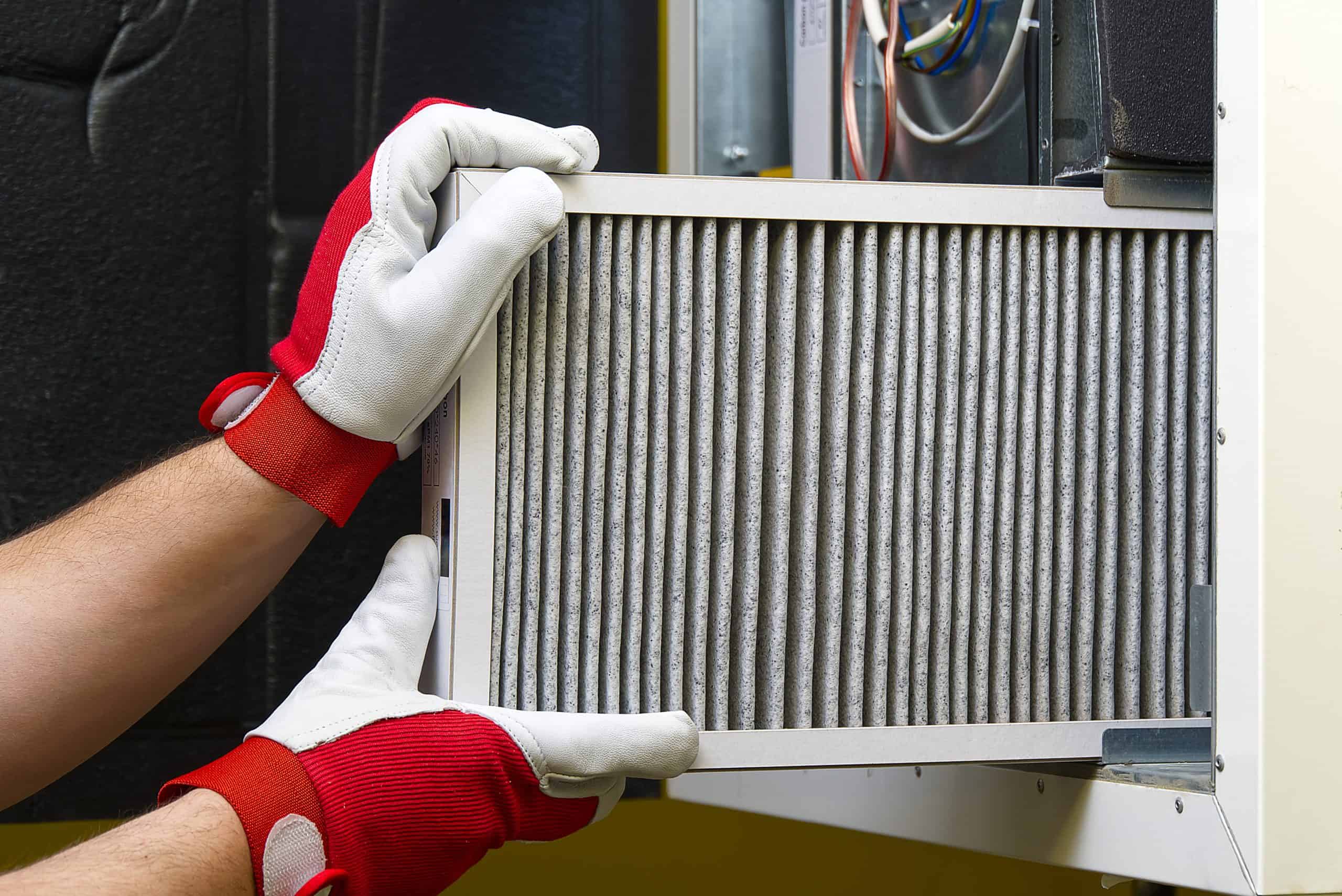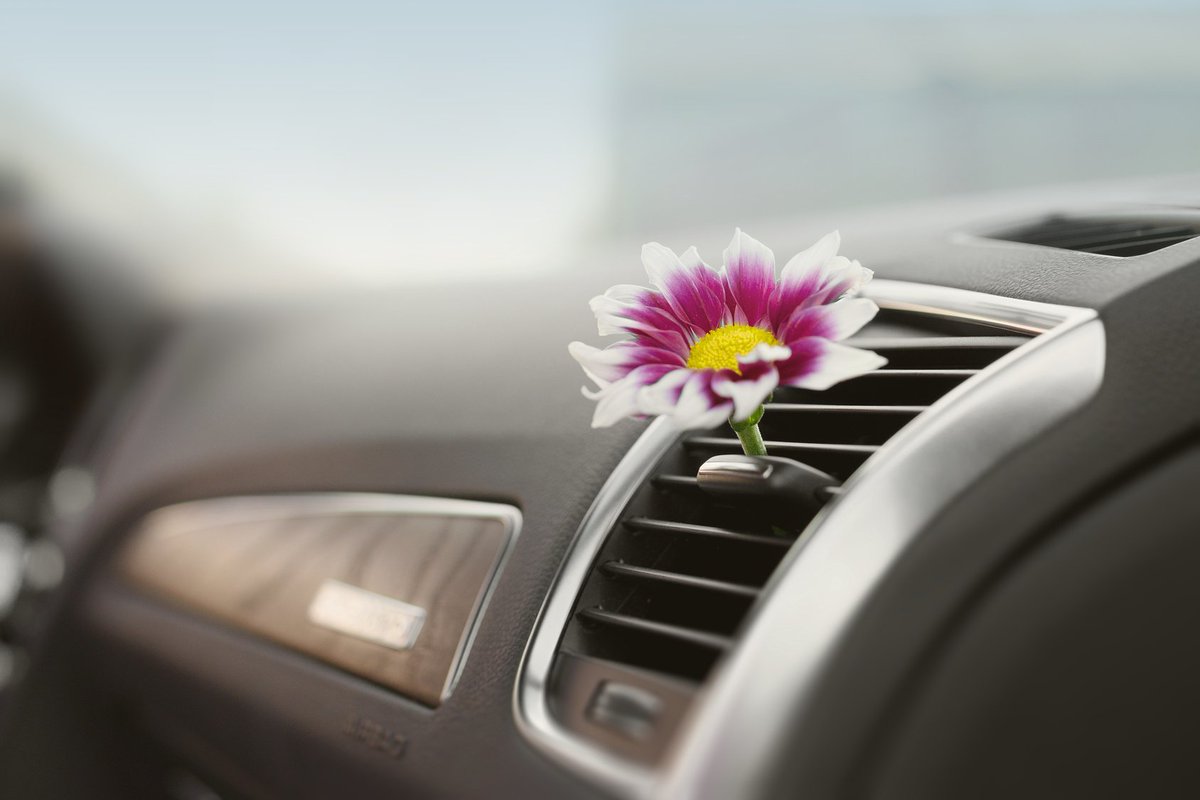How to Properly Maintain Your Engine Air Filter
How to Properly Maintain Your Engine Air Filter
The engine air filter is an important component of your vehicle’s engine system. Its main function is to remove dirt, dust, and other contaminants from the air before it enters the engine. A clean air filter allows for proper air flow to the engine, which can improve fuel efficiency, performance, and overall vehicle longevity.
A dirty or clogged air filter can cause a variety of problems, such as reduced engine power, decreased fuel efficiency, and even damage to the engine. This is why it is important to maintain your engine air filter and replace it when necessary.
The engine air filter is typically located in the air intake system, which is the part of the engine that brings in outside air. The air filter is typically made of paper or cotton and can be easily replaced. Some vehicles may have a reusable air filter, which can be cleaned and reused.
In summary, maintaining your engine air filter is essential for the performance and longevity of your vehicle. It is important to replace the air filter when necessary and to keep it clean for optimal engine performance.
Identifying when to replace the engine air filter
It’s important to know when to replace your engine air filter in order to ensure optimal performance and longevity of your vehicle. Here are some signs that your air filter may need to be replaced:
-Reduced engine power: A clogged air filter can restrict air flow to the engine, which can cause a reduction in power. If you notice a decrease in acceleration or overall power, it may be a sign that your air filter needs to be replaced.
-Decreased fuel efficiency: A dirty air filter can reduce the amount of air entering the engine, which can cause the engine to work harder and use more fuel. If you notice a decrease in fuel efficiency, it may be a sign that your air filter needs to be replaced.
-Black, sooty residue on the air filter: If you notice a black, sooty residue on the air filter, it is a sign that it is dirty and needs to be replaced.
-Visible damage or tears on the air filter: If you notice any visible damage or tears on the air filter, it should be replaced immediately.
It is recommended to replace the engine air filter every 12,000 to 15,000 miles or as per manufacturer’s recommendation. It’s also a good idea to check the air filter during regular maintenance or oil changes and replace it if it appears dirty or clogged.
In summary, it’s important to keep an eye out for signs that your air filter may need to be replaced, such as reduced engine power, decreased fuel efficiency, black sooty residue, or visible damage. It’s also important to follow the recommended replacement intervals to ensure optimal performance and longevity of your vehicle.
Preparing to replace the engine air filter
Before replacing your engine air filter, it’s important to gather the necessary tools and materials. Here is a list of items you will need:
–Replacement air filter (consult your vehicle’s owner manual or a mechanic for the correct type of air filter for your specific make and model)
-Flat-head screwdriver
-Pliers (if needed)
-A clean rag or towel
Once you have gathered the necessary tools and materials, you can begin the replacement process by following these steps to properly prepare for replacement:
-Locate the air filter: Consult your vehicle’s owner manual to find the exact location of the air filter. It is typically located in the air intake system, which is the part of the engine that brings in outside air.
-Disconnect the air intake hose: Use a flat-head screwdriver to loosen and remove the clamps that hold the air intake hose in place. Carefully remove the air intake hose to reveal the air filter.
-Remove the old air filter: Carefully remove the old air filter from the housing. If it is difficult to remove, you may need to use pliers to loosen it. Be careful not to damage the housing or other surrounding parts.
-Clean the housing: Use a clean rag or towel to wipe away any debris or dirt from the housing. This will ensure that the new air filter is installed in a clean environment and will function properly.
-Inspect the housing: Make sure there is no visible damage or debris in the housing before installing the new air filter.
In summary, before replacing your engine air filter, it’s important to gather the necessary tools and materials, locate the air filter, and properly prepare the area by disconnecting the air intake hose, removing the old air filter, cleaning the housing and inspecting the housing for any debris or damage. This will ensure that the new air filter is installed properly and will function as intended.
Replacing the engine air filter
Now that you have prepared for the replacement process, you can install the new engine air filter. Here are the step-by-step instructions for replacing the engine air filter:
-Take the new air filter out of the packaging and check to make sure it is the correct size and type for your vehicle.
-Carefully insert the new air filter into the housing, making sure it is properly seated and secured.
-Reattach the air intake hose, making sure the clamps are tightened securely.
-Start the engine and check for any leaks or unusual noises.
-Test drive the vehicle to ensure proper performance and check for any issues.
It’s important to keep in mind some safety precautions while replacing the engine air filter:
-Always refer to your vehicle’s owner manual for specific instructions on how to replace the air filter on your specific make and model.
-Be sure to use the correct type of air filter for your vehicle.
-Always wear safety glasses and work gloves to protect your eyes and hands.
-Make sure the engine is cool before starting the replacement process.
-Always properly dispose of the old air filter.
In summary, replacing the engine air filter is a simple process that can be done with a few basic tools. It’s important to follow the step-by-step instructions and keep in mind safety precautions to ensure proper installation and function of the new air filter. Once the replacement is done, test drive the vehicle and check for any issues.
Maintaining the engine air filter
Proper maintenance is key to ensuring your engine air filter continues to function well and protect your engine from dirt and debris. Here are some tips for keeping your engine air filter in good working condition:
-Regularly check the air filter: It’s important to regularly check the air filter for signs of dirt, debris, or damage. It’s recommended to check the air filter during regular maintenance or oil changes, and replace it if it appears dirty or clogged.
-Avoid driving in dusty or dirty conditions: If you frequently drive in dusty or dirty conditions, it’s important to check the air filter more often and replace it as needed.
-Keep the air intake area clean: The air intake area should be kept clean to ensure proper air flow to the engine. Use a clean rag or towel to wipe away any debris or dirt that may have accumulated in the area.
-Use a high-quality air filter: Using a high-quality air filter can help to ensure proper filtration and improve the longevity of the filter.
-Follow the recommended replacement intervals: Following the recommended replacement intervals is important to ensure optimal performance and longevity of your vehicle.
Regular cleaning and inspection of the engine air filter is important to keep the air filter in good working condition. If the air filter is reusable, it can be cleaned and reused, otherwise it should be replaced as per the manufacturer’s recommendation or when it appears dirty or clogged.
In summary, regular check-ups, avoiding driving in dusty or dirty conditions, keeping the air intake area clean, using high-quality air filter and following the recommended replacement intervals are some of the ways to maintain the engine air filter and ensure optimal performance and longevity of your vehicle.
Maintaining your engine air filter
Maintaining your engine air filter is essential for the performance and longevity of your vehicle. A clean air filter allows for proper air flow to the engine, which can improve fuel efficiency, performance, and overall vehicle longevity. A dirty or clogged air filter can cause a variety of problems, such as reduced engine power, decreased fuel efficiency, and even damage to the engine.
In this article, we have discussed the importance of maintaining the engine air filter, how to identify when to replace it, the steps to take to properly prepare for replacement, how to replace the engine air filter and tips for maintaining the air filter in good working condition. It’s important to follow the recommended replacement intervals and proper maintenance techniques to ensure optimal performance and longevity of your vehicle.
In summary, maintaining the engine air filter is a crucial aspect of vehicle maintenance, and it’s important to be aware of the signs that it needs to be replaced, to replace it at the recommended intervals and to follow proper maintenance techniques. Regularly checking and replacing the engine air filter will ensure the longevity and performance of your vehicle.


